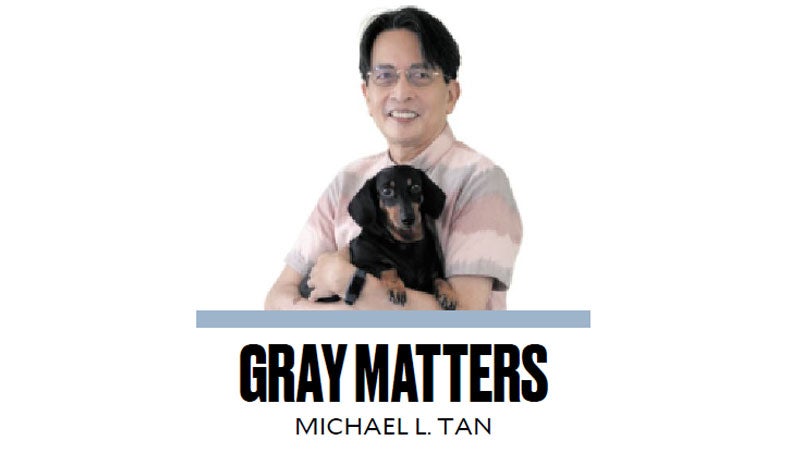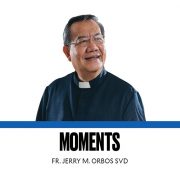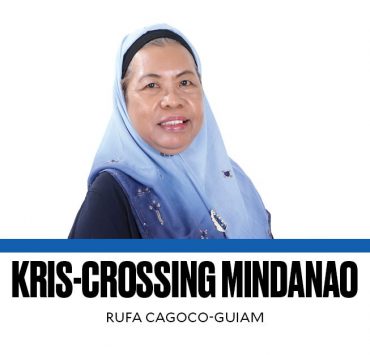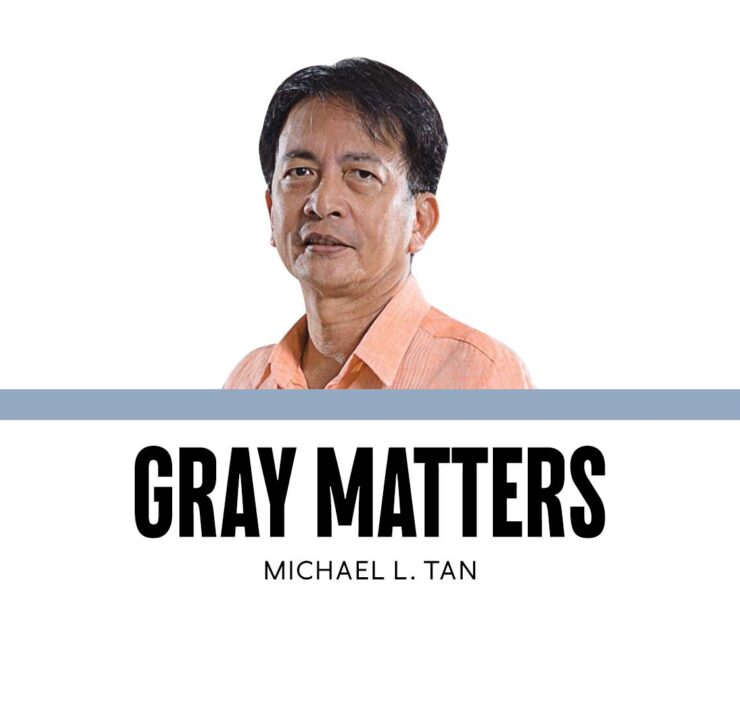Todos, todos, todos

When Cardinal Jorge Mario Bergoglio, archbishop of Buenos Aires, Argentina, was elected pope on March 13, 2013, he began taking on many firsts, starting with being the first Jesuit and Latin American to become pope in the Roman Catholic Church’s history.
He was also the first to take on the name of Francis for Pope and to live up to the name of Francis of Assisi, the founder of the religious order of Franciscans, known for their simplicity and dedication to the environment. So many articles have been written about how the Pope insisted on wearing old pairs of shoes rather than the red slippers of cardinals and using simple vestments. He used a silver, rather than a gold, piscatory ring (a fisherman’s ring, referring to how the line of papacy goes back to St. Peter, a fisherman).
Francis chose to live in a simple guesthouse close to a poor neighborhood and not in the Apostolic Palace. He was known to cook his meals and take his pastoral responsibilities seriously as the bishop of Rome, which included many of the poor as well as those on the “periphery,” reminding us of our last presidential election, where Leni Robredo kept referring to people living on the edge, or laylayan, of society.
He is remembered for insisting on the Maundy Thursday ritual of administering to prisoners, drug users, and migrants—women and men—by washing and kissing their feet, the ultimate symbol of humbling oneself.
He moved carefully in his reforms, pushed for greater participation of women in official functions and roles in the Catholic Church, but never endorsed ordination. He allowed the blessing of divorced couples, but not remarriage. He allowed a similar ritual for same-sex couples, but not the wedding itself.
He tackled financial corruption within the Church and had numerous cases of clerical pedophilia—sexual abuse of children—investigated although, here again, he was criticized for going too slow.
Yet, when you read about his life, you realize how much he accomplished and the courage needed to take on the challenges. When he was first considered for the papacy in 2005, there were comments that he was not political enough during Argentina’s Dirty War, referring to the horrendous military abuses, including murders, rapes, and kidnapping of children, from 1974 to 1983, during the military dictatorship. He was, at the time, bishop of Buenos Aires.
After becoming pope, Francis never again returned to Argentina, which hurt many Argentinians, but he insisted he now belonged to the world. He did meet with people across the political spectrum, from the Peruvian Gustavo Gutierrez, known for liberation theology, to Javier Milei, the incumbent authoritarian president of Argentina.
Francis became bolder through the years, including his famous enumeration of diseases within the Catholic Church, which he compared to a field hospital, where patients came in with illnesses like osteoporosis of the soul and spiritual Alzheimer’s. His medical metaphors were brutal, including accusations that the media suffered from coprophilia, which means the eating of feces, his way of saying the media tended to live on dirty gossip.
Francis always spoke out for immigrants, which should not be surprising since he was the son of immigrants who had left Italy to settle down in Argentina. In recent months, he spoke out most strongly against US President Donald Trump and Vice President JD Vance for the way they persecuted immigrants. When Vance created his version of ordo amoris (order of love), arguing that one must first love one’s family, then one’s neighbor, one’s community, one’s fellow citizens, and, only then, focus on the rest of the world, Francis had to speak out and declare that the true ordo amoris that must be promoted is “the one we discover by constantly meditating on the parable of the ‘Good Samaritan’ (cf. Lk 10:25-37), that is, by reflecting on the love that builds a fraternity open to all, without exception.”
Shortly before he became pope, he talked about how Jesus probably felt locked inside a church and needed to get out. Those words were prophetic as he sought out people on the periphery, without discrimination. He was quoted in Spanish with his exhortation, “Todos, todos, todos” (all, all, all): our compassion must be for all, without discrimination.
Todos, todos, todos is about inclusivity, and for Filipino Catholics, especially, an important reform is to stop thinking of membership in the Catholic Church and its institutions as a mark of exclusive sanctity.


















